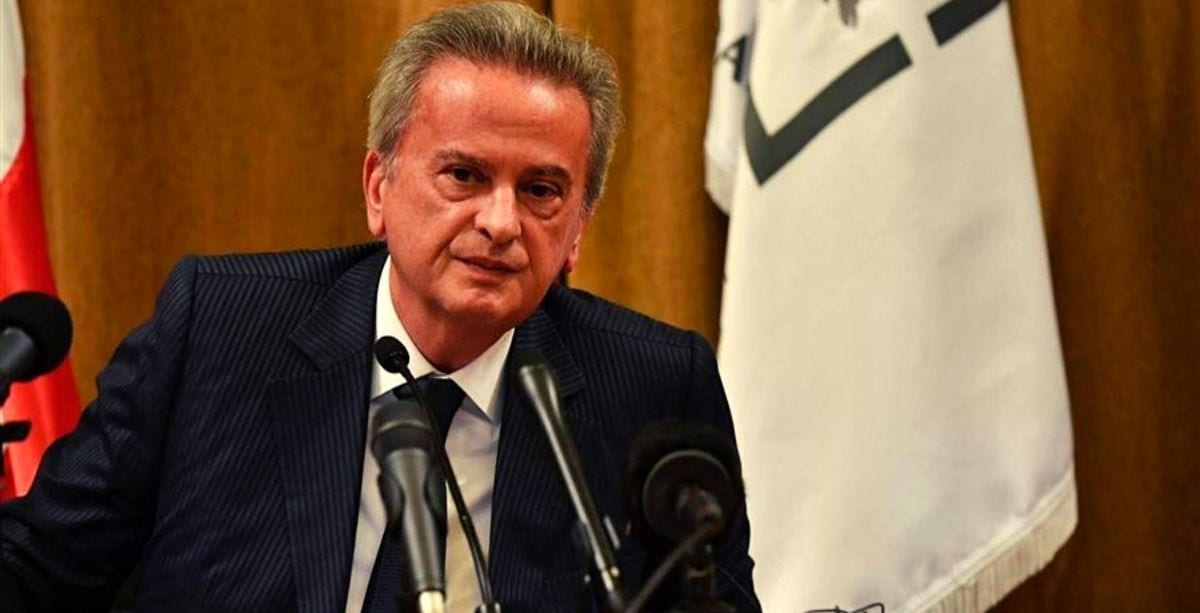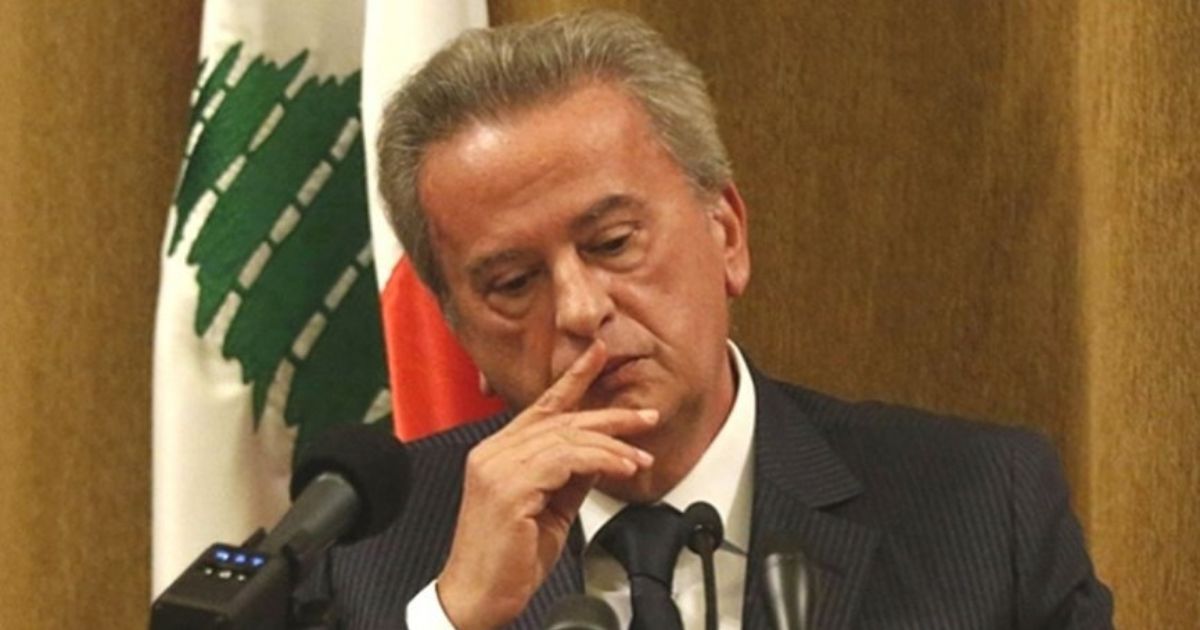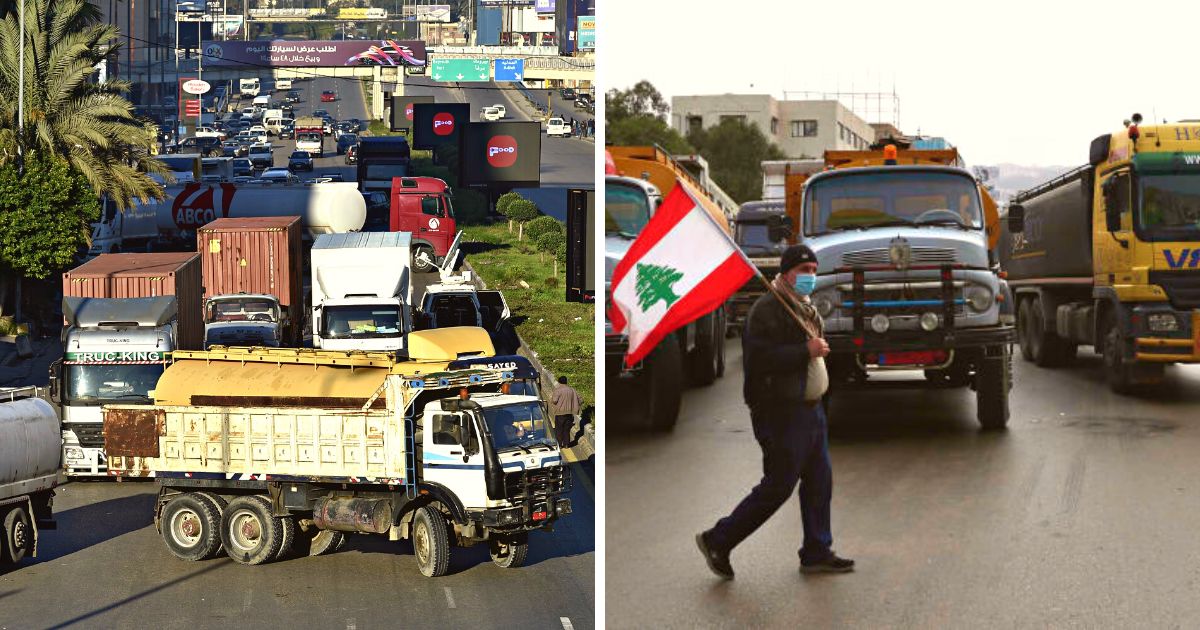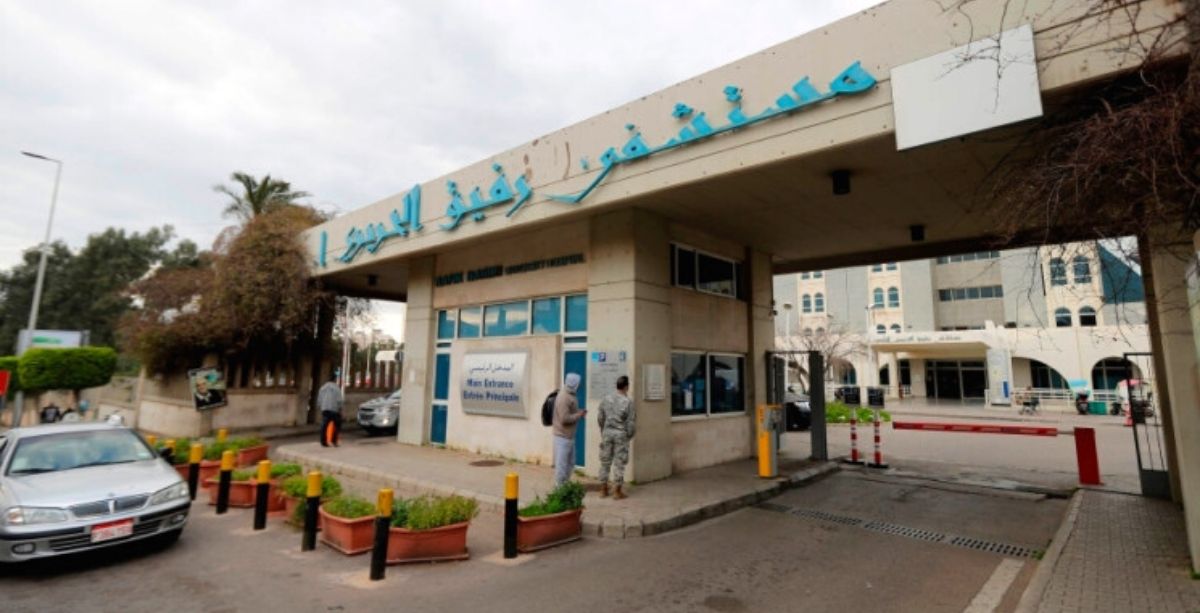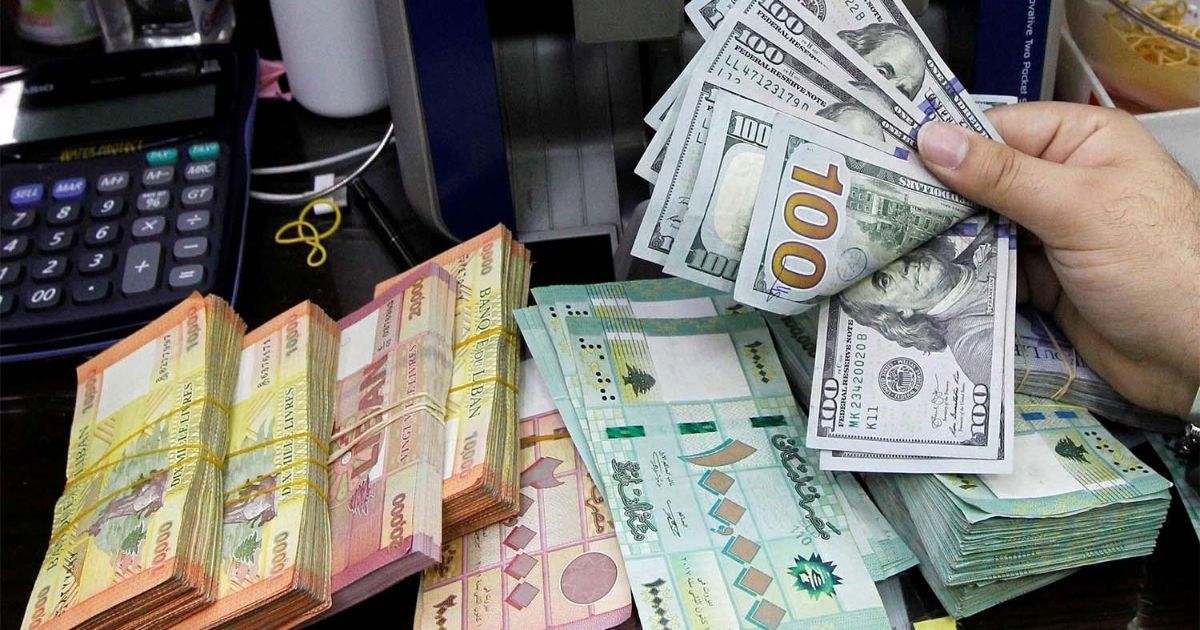Another week, another warning of a catastrophe in Lebanon.
The extraction of subsidies in Lebanon without guaranteeing the protection of the helpless population would result in a social catastrophe, two UN agencies issued on Monday, warning there is “no parachute to soften the blow”.
“The impact of removing price subsidies on the country’s most vulnerable households will be tremendous, and yet there is almost nothing in place to help soften the fall,” announced the representative of UNICEF Lebanon and the regional director of the International Labor Organization (ILO).
“It is critical to realize that for Lebanon to fly off another cliff now, without first putting in place an inclusive system of social guarantees, would inflict a social catastrophe on the country’s most vulnerable people, sacrificing their wellbeing, and that of the country as a whole, for many years to come,” they added.
With Lebanon deep in a financial crisis, the central bank has been subsidizing basic goods by providing hard currency to importers at the old exchange rate of 1,500 LBP to the dollar. This is despite that the currency has lost its value by 80%.

Central bank governor Riad Salameh said last week that subsidies could be kept for only two more months, urging the state to come up with a plan as soon as possible.
Lebanon is facing the toughest crisis since the Lebanese civil war, while policymaking has been crippled by endless rivalries between fractious politicians.
Saad Hariri was nominated to form a new government in October, yet cabinet formation hasn’t seen the light of day since.
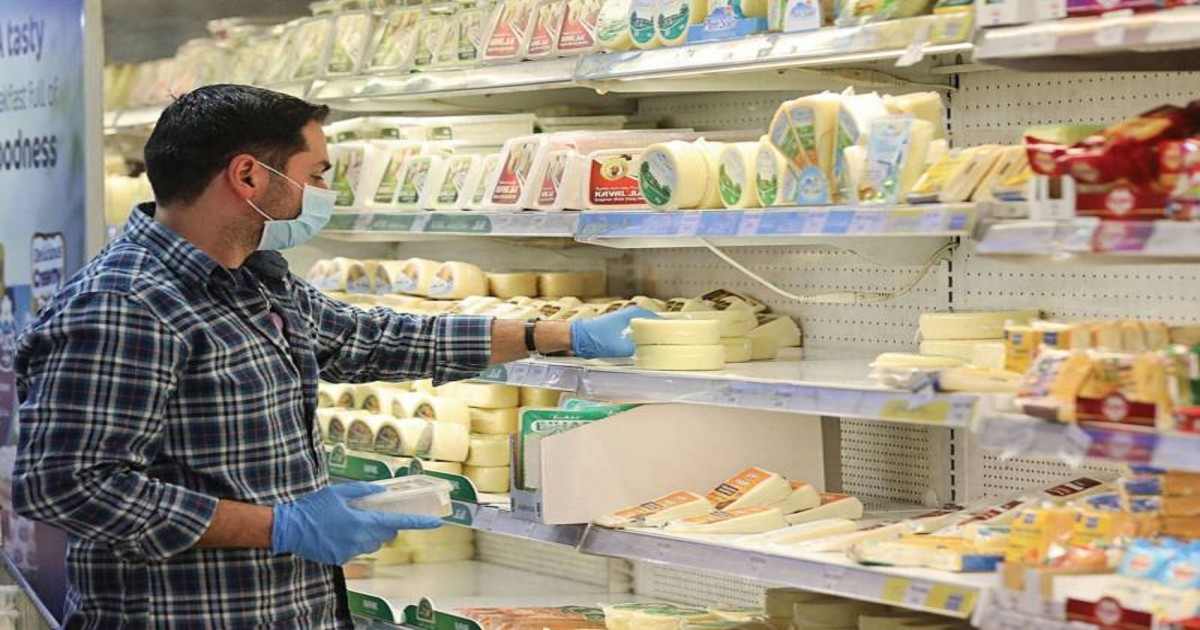
Widely criticized by senior politicians from ruling parties, the universal way in which Lebanon has been subsidizing basic goods, including fuel, wheat, and medicine, does not target those in need.
A rough analysis shows that up to 80% of the subsidies may actually be benefiting the wealthiest in the country by 50%, with only 20% going to the vulnerable half, according to UNICEF Representative Yukie Mokuo and ILO Regional Director Ruba Jaradat.
The World Bank has stated that poverty is likely to continue to worsen and engulf more than half the population.
Lebanon is expected to see a substantial increase in poverty rates, which will affect the population through different channels, such as the loss of productive employment, decline in real purchasing power, and stalled international remittance.
The caretaker government is due to meet Salameh on Monday to discuss the subsidies.



